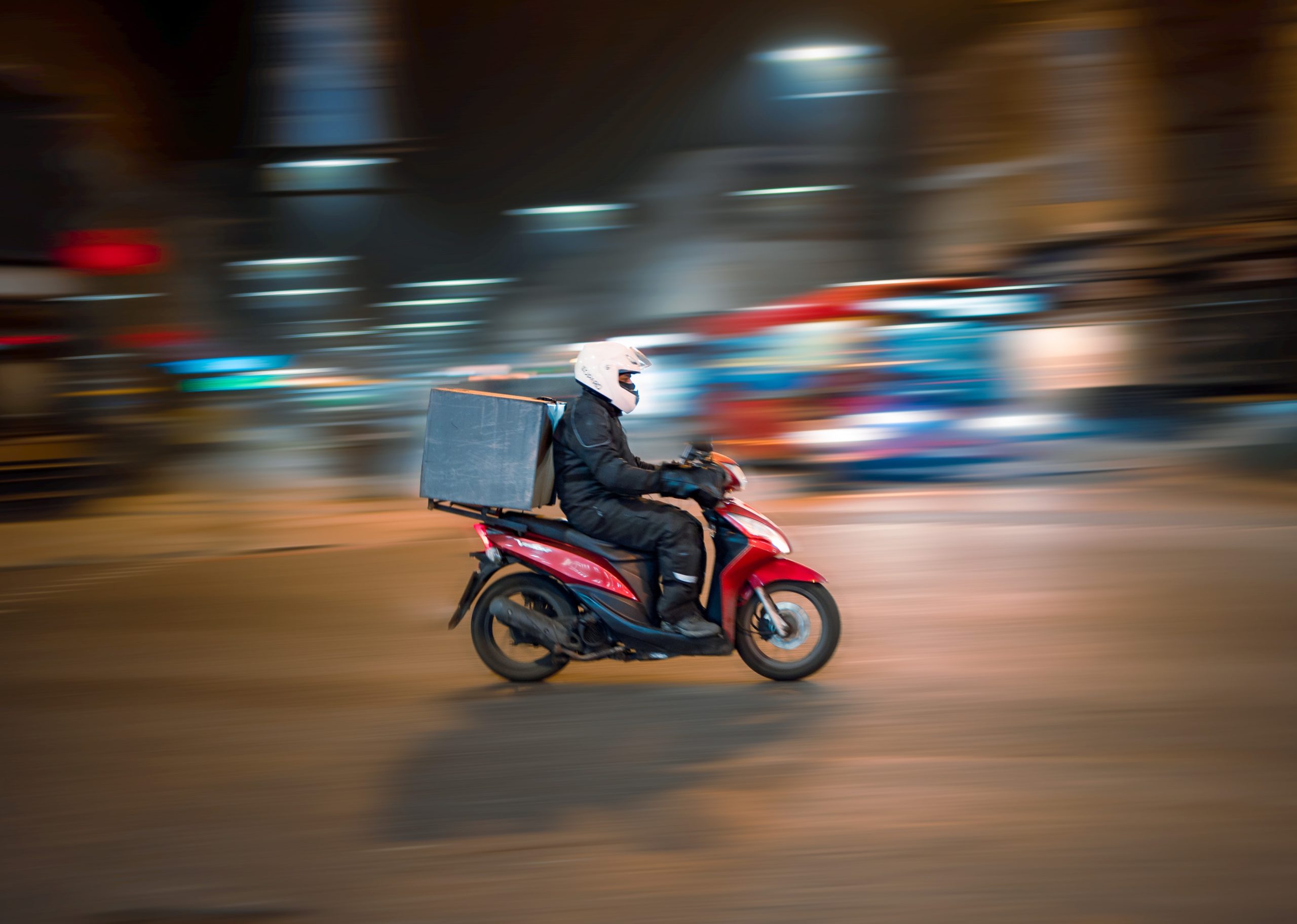Published:
Last modified:
How we overcame 20+ residential objections to obtain a premises licence for delivery

Dark kitchens, sometimes referred to as virtual kitchens, are the latest development in the restaurant industry.
These kitchens prepare and sell meals exclusively through delivery, meaning food that is produced there can only be consumed elsewhere. This allows operators to deliver to locations where they have no high street restaurants.
The success of tech brands and their apps such as Uber Eats and Just Eat have paved the way for dark kitchens, giving people an easy way to order their favourite restaurant meals at home.
To take advantage of the growth sector, one of our national restaurant chain clients wanted to open its first dark kitchen in a railway arch in north London.
The legal value we added:
After submitting the application to obtain a new premises licence allowing for off-sales of alcohol and the sale of hot food after 11pm, the local council received in excess of 20 representations (objections) from local residents. The focus of the representations was noise, odour and general public nuisance. Furthermore, the local residents were very well organised, passionate and vocal; highlighted by the fact they organised a petition opposing the dark kitchen that gathered more than 150 signatures. This made the application particularly challenging.
These residential objections lead to a hearing taking place and Lisa Inzani worked with Barrister Sarah Le Fevre of Three Raymond Buildings.
Lisa and Sarah successfully argued their case and, to the delight of the client, obtained the licence required to open the dark kitchen, despite the local opposition. The client is now opening further dark kitchens across London.
